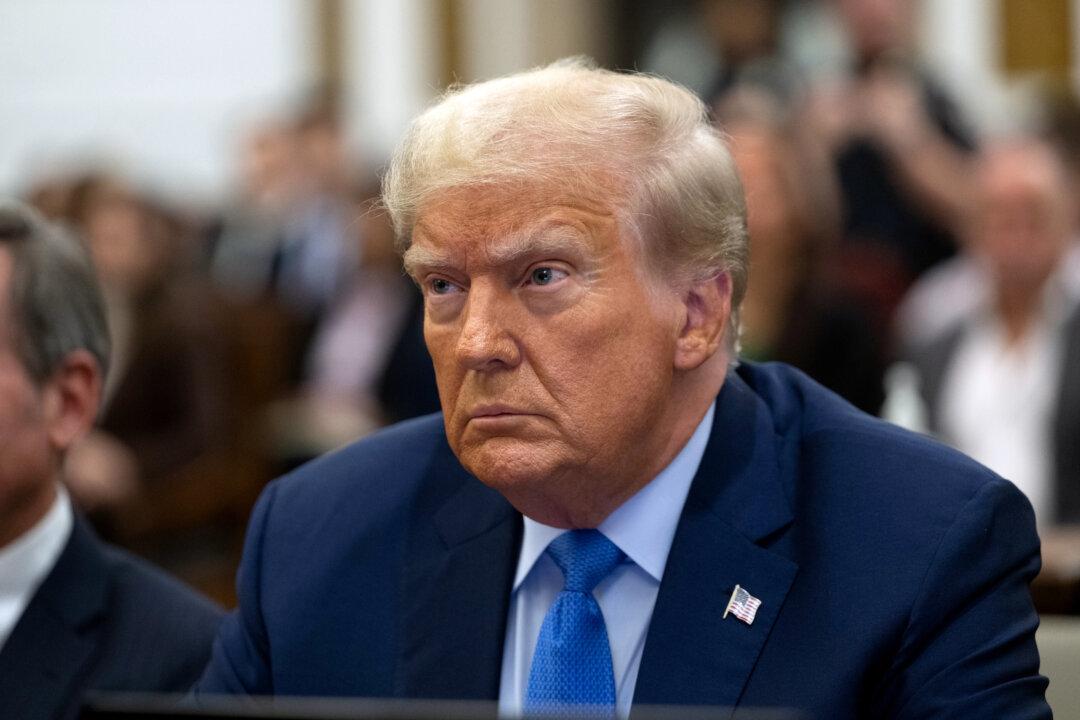A federal judge on Dec. 1 rejected former President Donald Trump’s claim of presidential immunity and other constitutional defenses in his 2020 election case.
In October, President Trump asked U.S. District Judge Tanya Chutkan to dismiss the election interference charges against him in Washington on the grounds that the U.S. Constitution grants him “absolute immunity” for acts within the “outer perimeter” of a president’s “official responsibility.”





